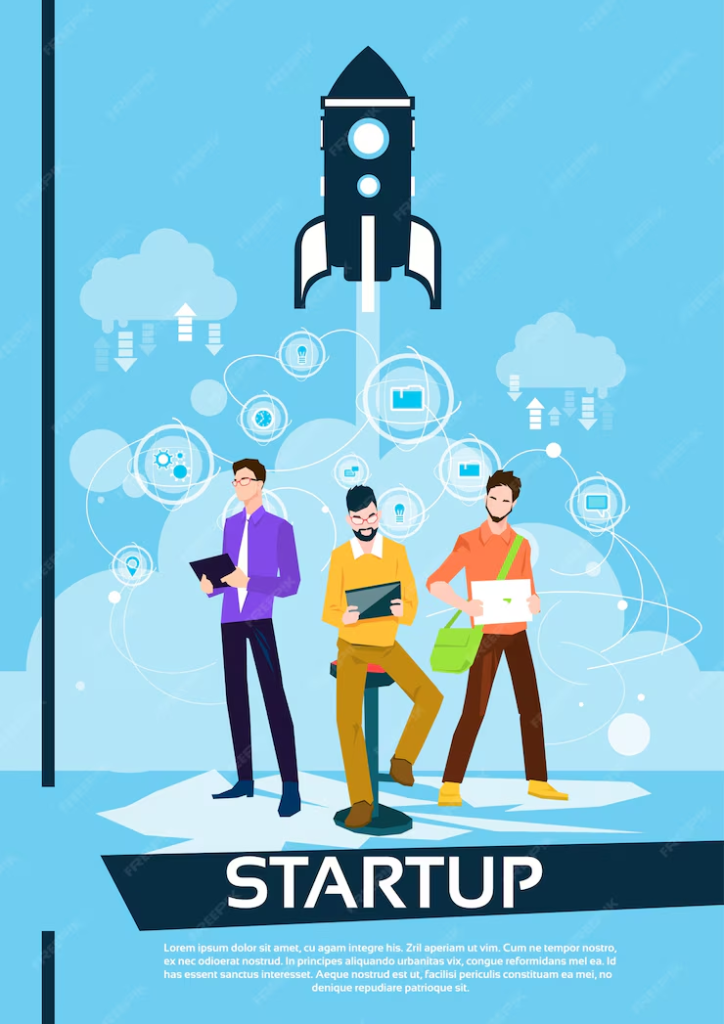Address
Work Hours
Monday to Friday: 9:00 AM - 6:00 PM
Address
Work Hours
Monday to Friday: 9:00 AM - 6:00 PM
The HR landscape is evolving rapidly, with technology playing a crucial role in streamlining operations. One of the most significant areas of transformation is onboarding and training. HR tech startups are leveraging artificial intelligence, automation, and data-driven insights to create seamless, engaging, and efficient processes. Traditional onboarding and training methods often require manual intervention, making them time-consuming and inconsistent. This can lead to fragmented experiences, miscommunication, and difficulty in tracking employee progress.
However, modern HR tech solutions are changing this narrative by integrating smart, digital solutions to enhance employee experiences. These innovations allow organizations to create structured, personalized, and interactive onboarding and training programs. From AI-driven learning platforms to immersive virtual training, technology is making it easier than ever to onboard new employees effectively. Furthermore, HR tech solutions provide real-time analytics to assess training effectiveness, enabling businesses to refine their strategies for better employee engagement.

Let’s explore the ways HR tech startups are revolutionizing onboarding and training, ensuring organizations can build skilled, motivated, and productive teams.
HR tech startups are automating the onboarding process, reducing the time and effort required for new hires to become fully integrated into an organization. Traditional onboarding involved paperwork, face-to-face training, and manual task assignments, which often led to delays and inefficiencies. With automation, companies can now provide a structured onboarding experience through digital platforms.
Automated onboarding systems use AI to guide new hires through necessary procedures, ensuring they complete essential tasks such as document submission, compliance training, and introductions to key team members. These platforms offer a centralized space where employees can access company policies, training materials, and interactive learning modules. Additionally, automated notifications and reminders help both HR managers and new hires stay on track.
By digitizing and streamlining onboarding, HR tech startups enable organizations to minimize administrative burdens, improve engagement, and create a more personalized onboarding experience. Companies adopting these solutions benefit from reduced turnover rates, higher productivity, and a more satisfied workforce.
Artificial intelligence (AI) is revolutionizing employee training by enabling personalized learning experiences. HR tech startups use AI-driven platforms to assess employees’ skills, learning preferences, and career aspirations to tailor training programs accordingly. Unlike traditional training methods, which follow a one-size-fits-all approach, AI-driven learning adapts to each individual’s needs.
These platforms analyze employee performance and provide customized training modules, video tutorials, and interactive simulations. AI-powered chatbots also assist employees by answering queries, offering real-time feedback, and recommending additional learning resources. With machine learning algorithms, these systems continuously refine and improve training content based on employee progress and feedback.
Personalized training leads to improved retention, better skill acquisition, and increased job satisfaction. Employees feel more valued when they receive training aligned with their career goals, leading to higher engagement and productivity. HR tech startups leveraging AI in training and development help organizations build a more competent and future-ready workforce.
Gamification is becoming a vital component of modern training programs, making learning more engaging and interactive. HR tech startups are incorporating gamification techniques such as leaderboards, reward points, and interactive challenges to boost employee participation in training sessions.
Traditional training methods often suffer from low engagement levels, leading to poor knowledge retention. Gamified training, on the other hand, fosters healthy competition, motivates employees to complete learning modules, and enhances their ability to retain information. By integrating game-like elements, companies can transform mundane training activities into exciting experiences.
Moreover, gamification fosters collaboration among employees, creating a sense of achievement and encouraging peer-to-peer learning. Features like achievement badges and real-time progress tracking enhance motivation, making training more effective. HR tech startups are using gamification to bridge the gap between training objectives and employee engagement, ultimately leading to improved performance and skill development.
HR tech startups are utilizing Virtual Reality (VR) and Augmented Reality (AR) to offer immersive training experiences that enhance knowledge retention and practical learning. Traditional training methods often fail to provide hands-on experience, which is crucial for skill development. VR and AR technologies address this issue by creating realistic, simulated environments where employees can practice and refine their skills.
For example, VR-based training is highly beneficial for industries such as healthcare, manufacturing, and aviation, where employees need hands-on experience in a controlled setting. Similarly, AR-powered training solutions can overlay digital information onto the real-world environment, providing real-time guidance and instructions.
These technologies not only make training more interactive but also ensure that employees gain practical skills without real-world risks. HR tech startups integrating VR and AR into training programs are enabling organizations to prepare their workforce more effectively, reducing errors and increasing overall efficiency.
Data-driven decision-making is critical for improving onboarding and training processes. HR tech startups provide real-time analytics tools that track employee progress, engagement levels, and training effectiveness. Traditional training programs often lack measurable insights, making it difficult for organizations to assess their impact.
With real-time analytics, HR managers can monitor key performance indicators (KPIs) such as training completion rates, assessment scores, and employee feedback. These insights help identify knowledge gaps, improve training modules, and ensure continuous learning and development.
Furthermore, predictive analytics can forecast future training needs and suggest personalized learning paths based on employee performance trends. By leveraging real-time analytics, HR tech startups enable companies to make data-backed decisions that enhance workforce development and productivity.
HR tech startups are redefining onboarding and training processes by integrating automation, AI-driven learning, gamification, immersive technologies, and real-time analytics. These innovations not only enhance employee engagement and productivity but also create more efficient and personalized experiences. Organizations that adopt these advanced HR tech solutions gain a competitive advantage by fostering a well-trained, motivated, and future-ready workforce. As technology continues to evolve, the role of HR tech startups in transforming onboarding and training will only become more significant.
NOTE:- For more skill related knowledge, visit Daily Liv India.
Images sourced from Freepik.